A commercial kitchen is a fast-paced environment filled with people who all have their own unique responsibilities and areas of focus. Whether you own the restaurant or you’re a new line chef, there’s always a lot of work to be done. As a result, it’s easy to lose focus on the equipment that’s being used each day to keep your kitchen running smoothly.
One of the questions we often get from our customers is, “Who should be responsible for the maintenance of the commercial kitchen equipment in our restaurant?” While each restaurant is unique in its structure, the most common advice we share is that it needs to be a shared endeavor. It’s everyone’s responsibility to make sure your restaurant equipment is functioning and any potential problems are addressed quickly.
In order for everyone to play their part in maintaining and extending the life of your equipment, we wanted to highlight the various roles and responsibilities each team member should play. We’ve also linked to some helpful resources to help you
develop a planned maintenance routine for your commercial kitchen equipment.
Role & Responsibilities of Restaurant Owner
1. Develop the systems and routines to keep your kitchen running smoothly. It’s your job to eliminate the guesswork around equipment maintenance and care. One way to do this is to establish the systems and routines for opening the kitchen, working throughout a shift, and closing the kitchen each night.
2. Know how often your kitchen equipment needs maintenance. Each piece of equipment in your kitchen requires different levels of care. This resource will help you discover how often you need to schedule maintenance for your ovens, refrigerators, ventilation systems, dishwashers, and other pieces of equipment.
3. Establish a planned maintenance checklist for your employees. Once you’ve identified the planned maintenance that each piece of equipment needs, it’s time to assign tasks to your team members.
4. Select a certified service company to take care of your maintenance needs. It’s often the owner or manager's responsibility to hire technicians or maintenance providers to service their equipment. There are key factors to consider before you hire a commercial kitchen equipment service company, and this resource will explain how to choose a repair company.
5. Make sure your team is prepared if equipment fails. If a piece of equipment fails, it’s essential to fix the issue quickly. It’s also helpful to know how you’re going to adapt during service if needed. As an owner or manager, it’s your responsibility to make sure everyone on your team knows what to do in case a piece of equipment fails.
Role & Responsibilities of Shift Manager or Kitchen Manager
1. Emphasize equipment care when onboarding new employees. Shift managers are often responsible for on-the-job training. While every kitchen has its own unique ways of doing things, it’s important to train new employees on the importance of caring for equipment during the first weeks on the job. With the challenges of employee turnover, this is doubly important to stay up-to-date and consistent.
2. Train employees to recognize potential issues. Catching small equipment issues can help prevent them from becoming big problems. You can train employees to share any decrease in performance, notice leaks, and pay special attention to the older pieces of equipment in order to prevent major breakdowns.
3. Implement best practices to keep equipment operating smoothly. Shift managers are responsible for making sure the policies that are put into place are implemented correctly. This includes everything from communicating expectations around equipment care to identifying ways to improve the processes and checklists for cleaning.
Role & Responsibilities of Line Workers
1. Know what pieces of equipment need extra attention. Part of working in a kitchen means being familiar with the equipment. As someone on the front lines of your restaurant, it’s important to recognize the equipment that needs the most attention in a commercial kitchen.
2. Make sure equipment is properly cleaned. Cleaning is a big part of preventive maintenance. Line workers are often the ones responsible for regularly cleaning and maintaining equipment in order for it to provide the best service.
3. Report any issues to the appropriate supervisor as soon as possible. Time is of the essence when repairing a piece of equipment. Whether your ice machine stops working or your dishwasher goes out, it’s important to communicate any issues quickly.
Let ATECH Care for Your Commercial Kitchen Maintenance Needs
At ATECH, our team understands the repair needs of individual restaurants as well as large, multi-site operations. We’re committed to maintaining your equipment and fixing anything quickly, accurately, and efficiently. To find out how we can help keep your operation running smoothly, reach out to us today for a
planned maintenance quote.
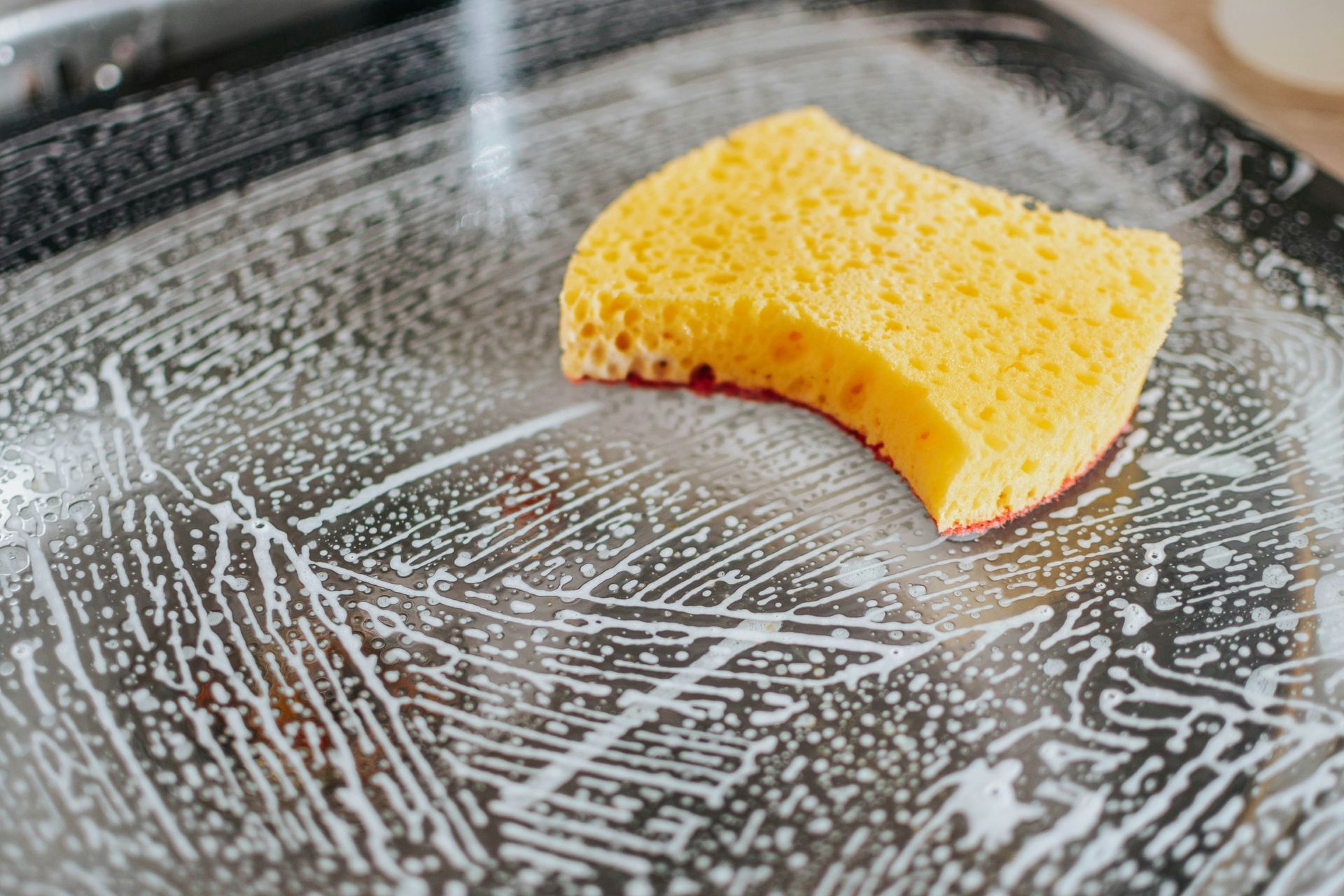
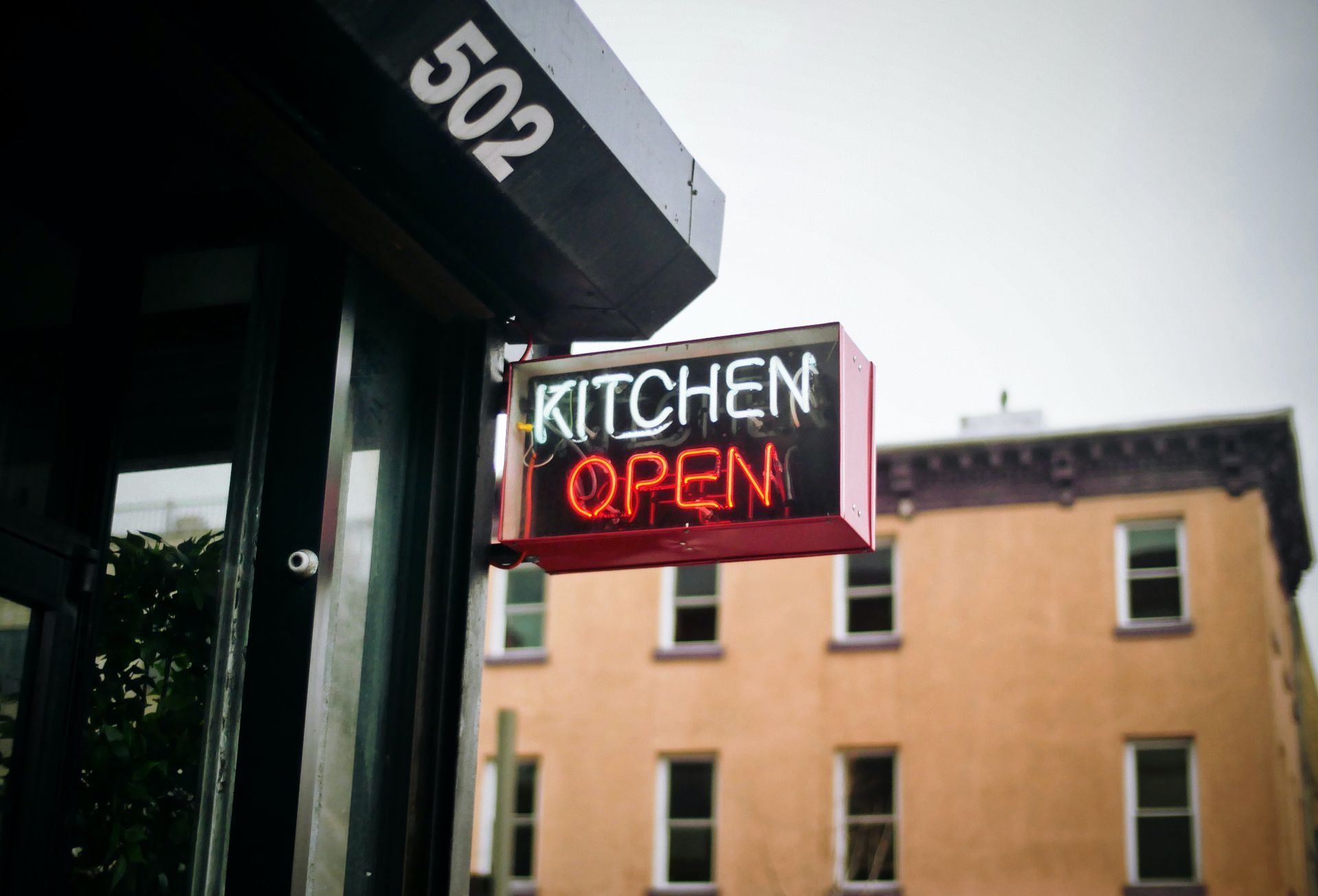
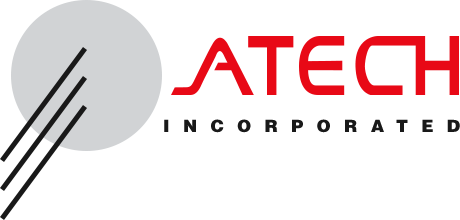
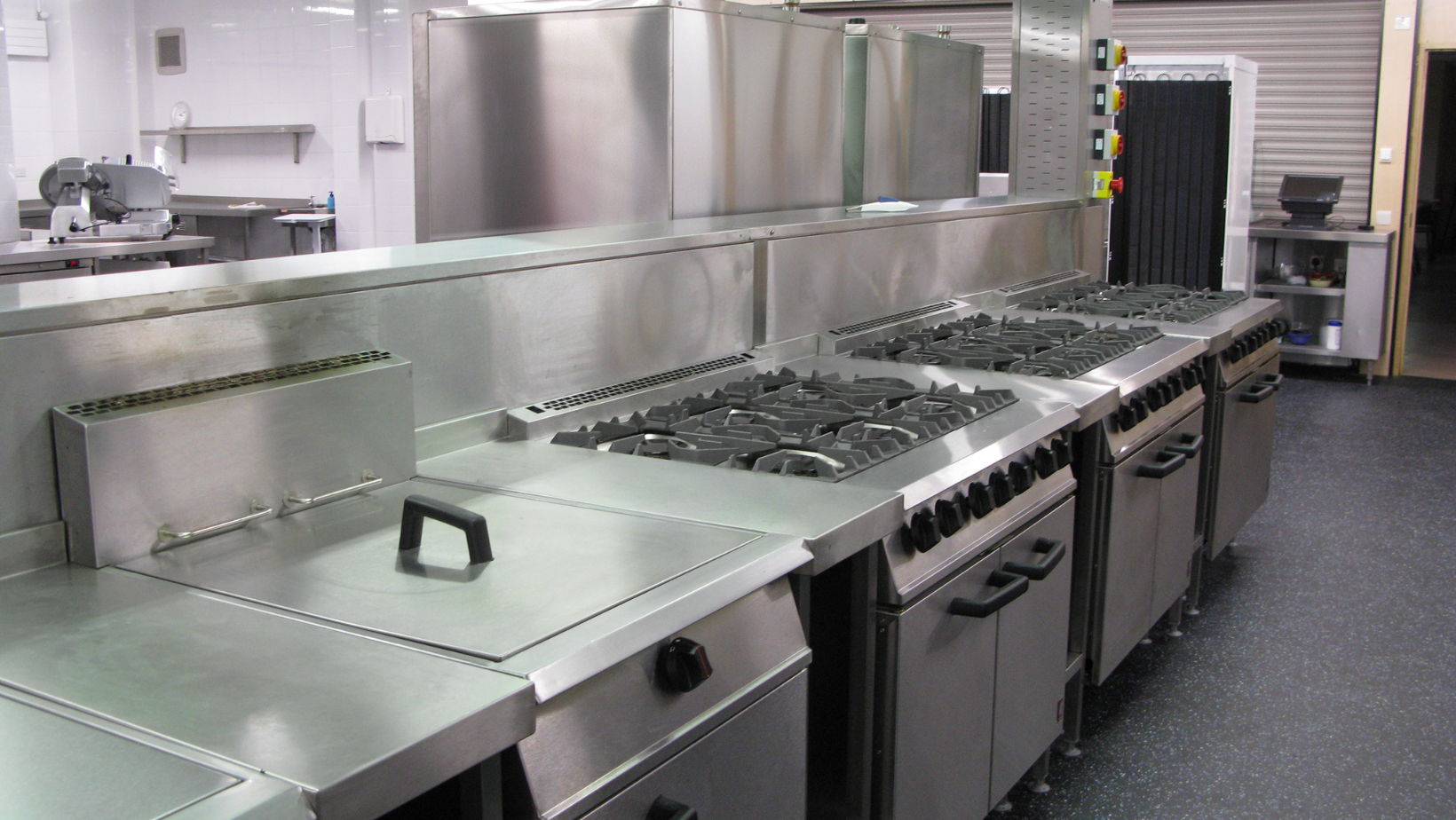
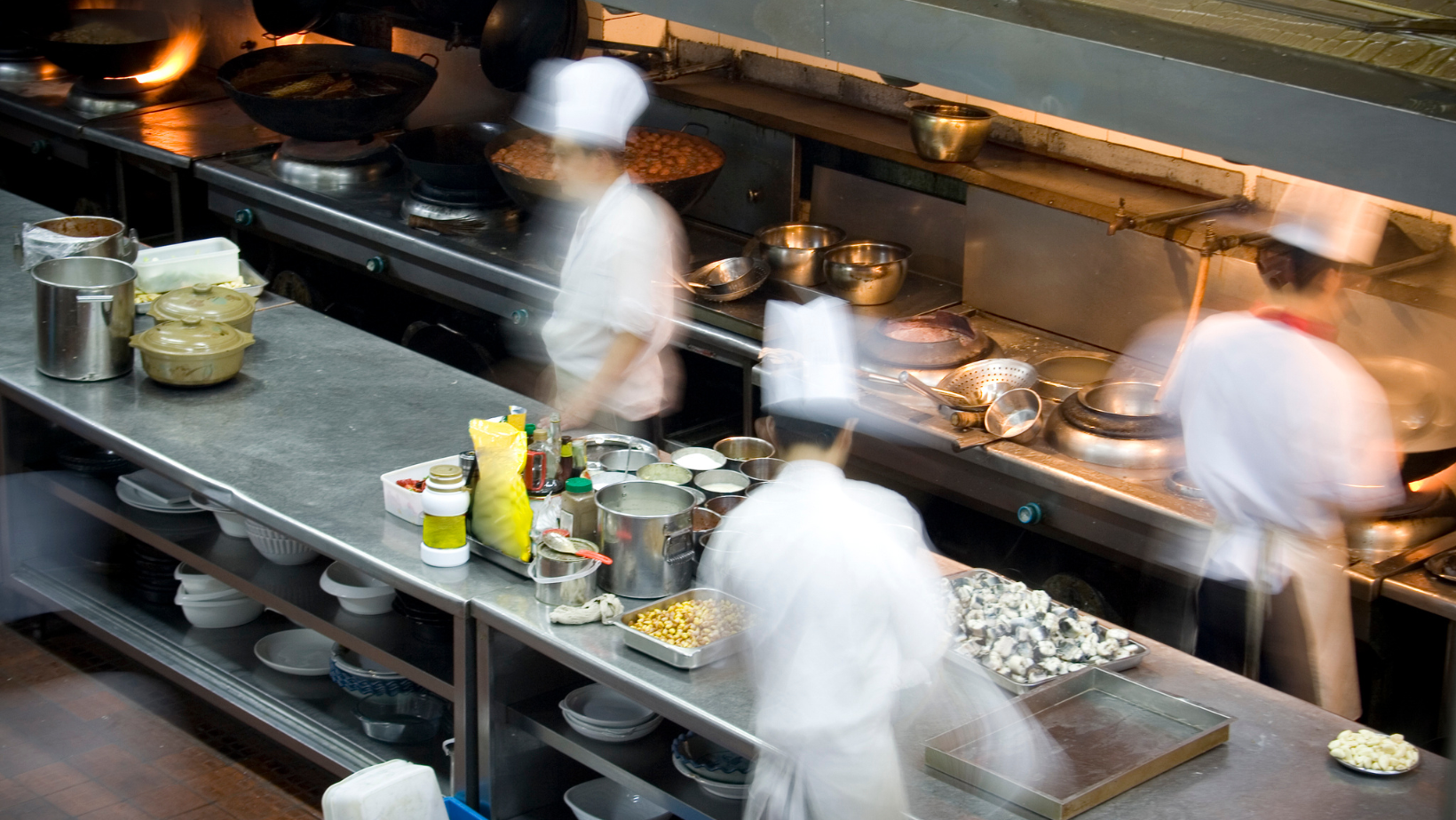

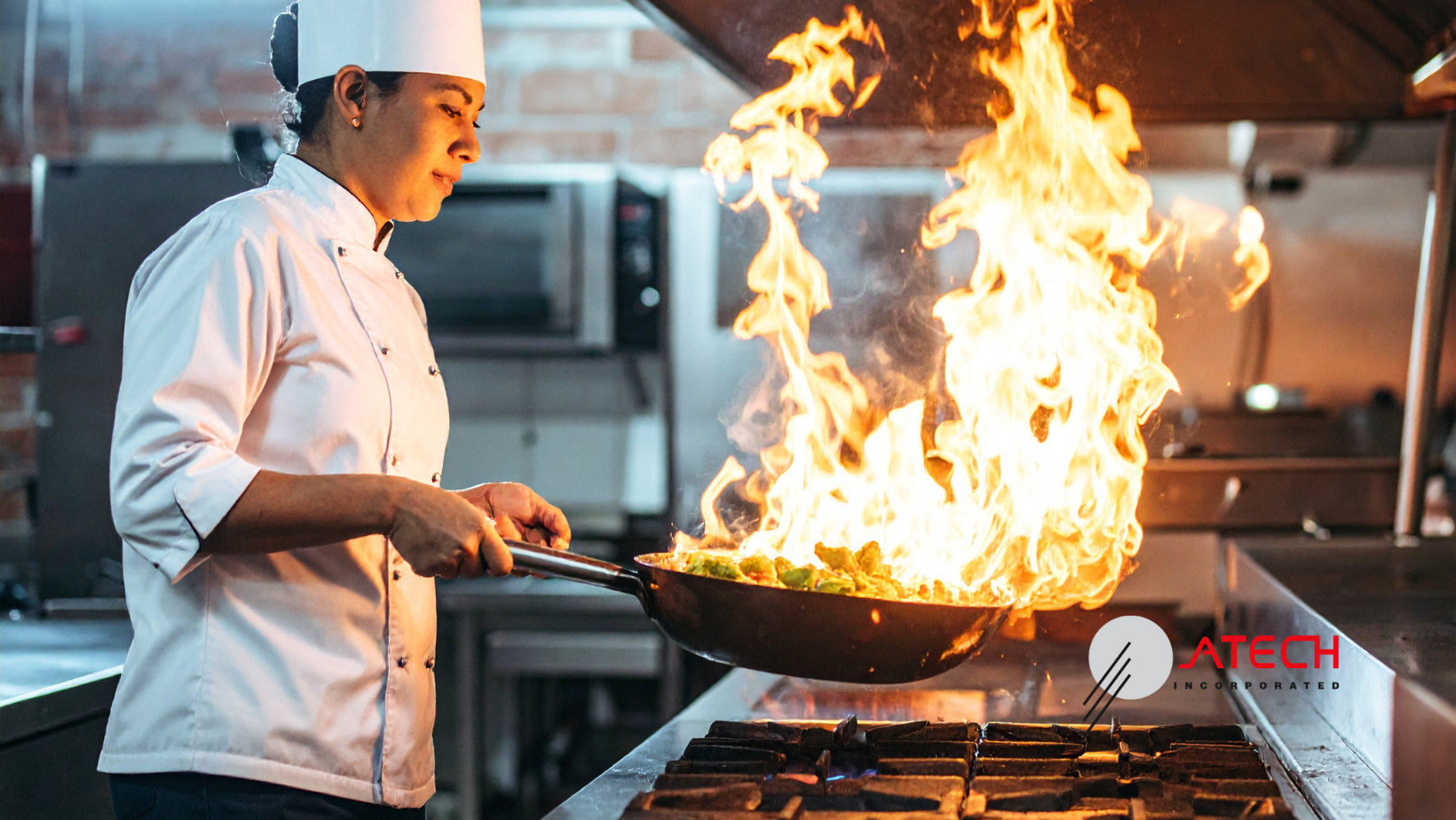


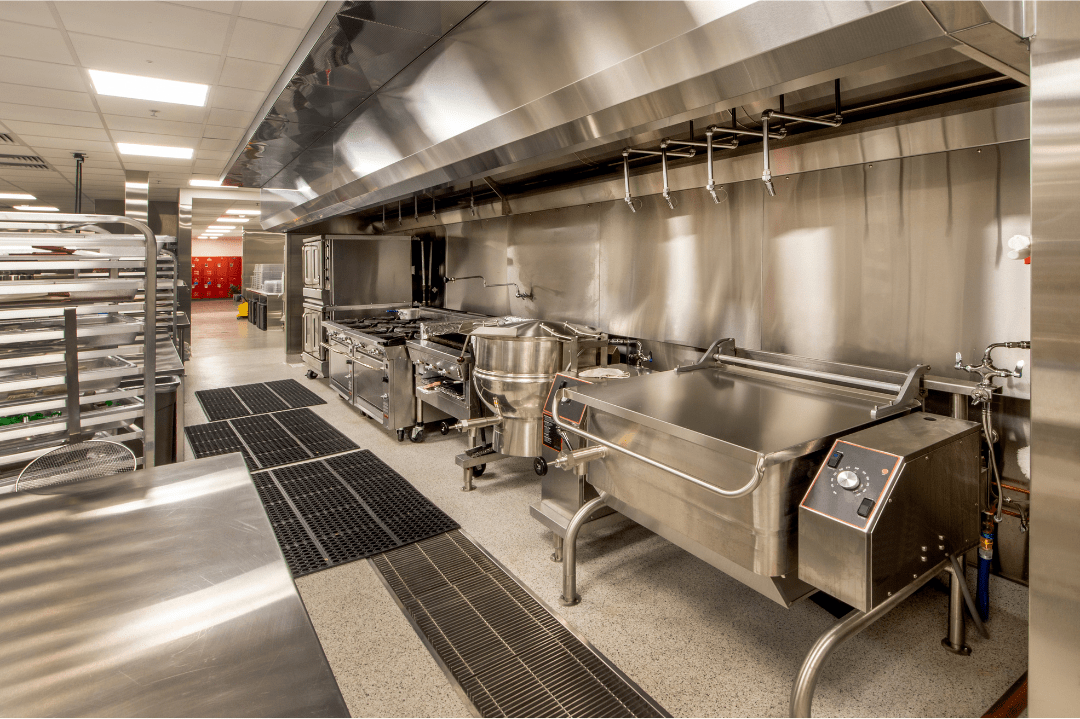
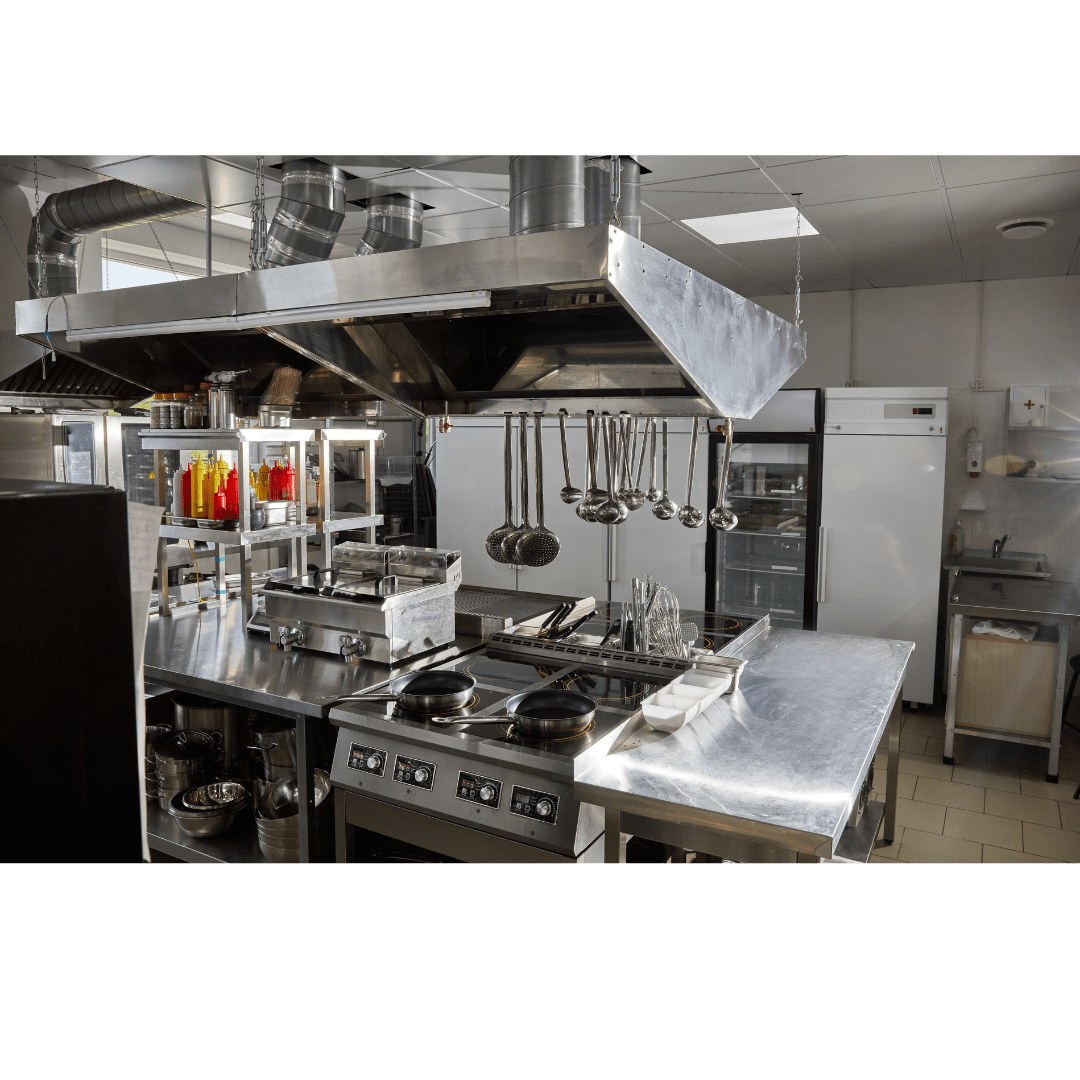
Share On: